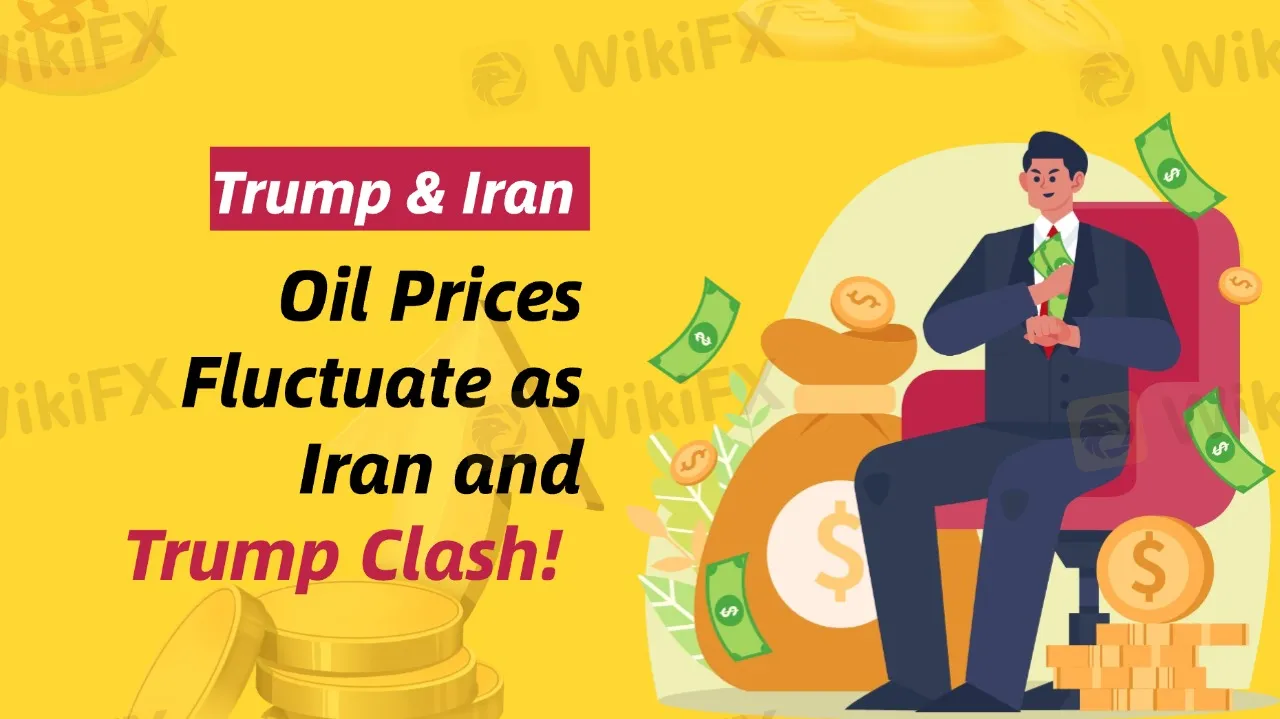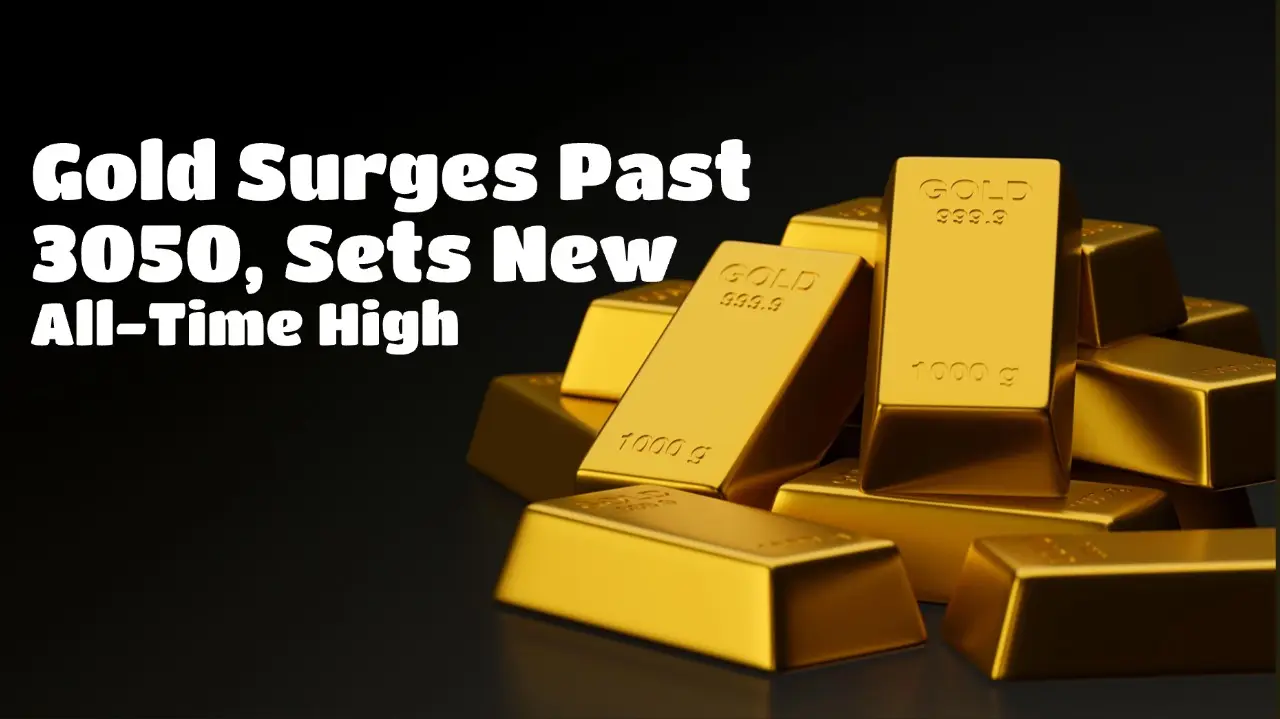简体中文
繁體中文
English
Pусский
日本語
ภาษาไทย
Tiếng Việt
Bahasa Indonesia
Español
हिन्दी
Filippiiniläinen
Français
Deutsch
Português
Türkçe
한국어
العربية
Oil Prices Fluctuate as Iran and Trump Clash!
Abstract:As Trump once again implements the "maximum pressure" policy on Iran, oil prices have become increasingly volatile, and the atmosphere in the international markets has grown more tense.

The Iranian government has consistently stated that it is willing to negotiate with the U.S., but under the condition that such talks are not conducted within the framework of the “maximum pressure” policy. Iranian Foreign Minister Abbas Araghchi clearly stated that any negotiations for lifting sanctions must be based on equality and respect, not under the threat of “maximum pressure,” as this cannot be considered negotiation, but rather surrendering to Iran.
Additionally, Iran‘s Supreme Leader Ayatollah Ali Khamenei has explicitly pointed out that he does not support negotiations with the U.S., calling Trump’s diplomatic policy reckless.
Trump's Pressure on Iran
The Trump administration not only withdrew from the Iran nuclear deal but also reinstated severe sanctions on Iran, even targeting the countrys oil exports. After the U.S. withdrew from the agreement in 2018, Trump attempted to force Iran to make concessions on nuclear issues through economic pressure. Recently, the U.S. intensified its sanctions on Iran, announcing sanctions on individuals and companies involved in transporting Iranian oil to China.
Trump has clearly stated that Iran cannot possess nuclear weapons and has called for a “verified nuclear peace agreement,” while Iran insists that its nuclear program is for peaceful purposes and denies any intention to develop nuclear weapons. As sanctions continue to escalate, the tension between the two sides is also increasing.
In response to Trump‘s “maximum pressure,” Iran has taken a hard stance, stating that it will never negotiate under the increasing sanctions. Iranian Oil Minister Bijan Zanganeh stated directly that Trump's maximum pressure policy, particularly the aim to reduce Iran's oil exports to zero, has failed. As restrictions on Iranian oil exports become more severe, Iran's countermeasures become more complex, showing that the U.S. cannot easily achieve its goal of bringing Iran’s oil exports to zero.
The ongoing battle between Iran and Trump has created a volatile situation for oil prices. For global investors, closely monitoring the diplomatic and economic policy developments between the two countries will help in navigating the opportunities and risks posed by oil price fluctuations.
Disclaimer:
The views in this article only represent the author's personal views, and do not constitute investment advice on this platform. This platform does not guarantee the accuracy, completeness and timeliness of the information in the article, and will not be liable for any loss caused by the use of or reliance on the information in the article.
Read more

ZYZ Capital’s $50 No-Deposit Bonus: A Gateway to Forex Trading or a Cautionary Tale?
Recently, ZYZ Capital has attracted attention by offering new traders a $50 no-deposit bonus—a chance to begin trading Forex without risking personal funds. At first glance, this promotion appears to be an ideal entry point for beginners looking to explore the market risk-free. However, as with any promotional offer in the financial world, it’s important to scrutinize the offer and understand the broader context before jumping in.

Why Fed Keeps Interest Rates Unchanged, How Does It Affect To Forex Market?
Fed keeps interest rates at 4.25%–4.50%, impacting forex market. Dollar may rise as tariffs loom. Explore why rates unchanged and forex effects.

Stock Market Volatility Wipes Out ₦563 Billion
With continued declines and a surge in sell-offs, the Nigerian stock market has lost ₦563 billion in market value this week.

Gold Surges Past 3050, Sets New All-Time High
Gold breaks above $3050 amid Fed’s dovish tone and rising safe-haven demand, drawing strong investor attention.
WikiFX Broker
Latest News
Robinhood Launches Prediction Markets Hub for Trading Events
BaFin Warns Consumers About EmexFunding’s Unauthorized Services
Gold Hits New Highs: Is Now the Time to Buy?
Key Points Every Forex Beginner Must Know
Why US Lawmakers Urge Trump to Drop Crypto Before It Harms America
CME Group Adds Solana Futures in Both Standard and Micro Contracts
Things You Need to Know About Capital88
Trade, Compete, Win: Enter the WikiFX World Elite Trading Championship
Kraken Eyes $1.5B Acquisition of NinjaTrader for Futures Trading
Dark Side of Finfluencers: They Aren’t Your Financial Friends!!
Currency Calculator






